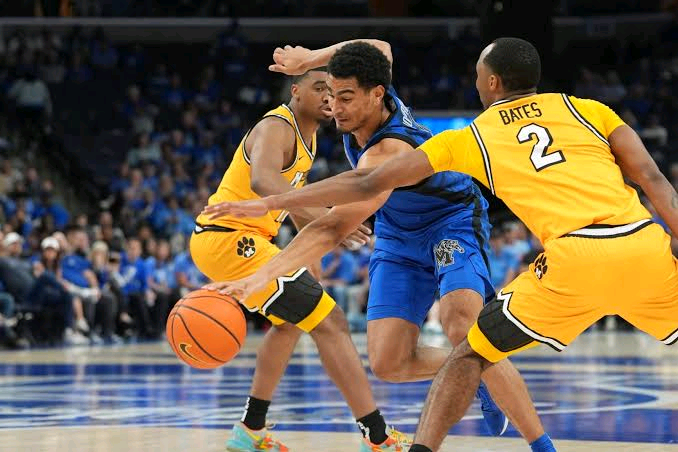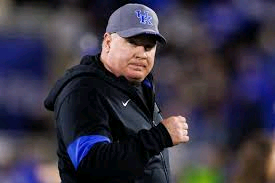Mizzou Basketball Faces Pushback Over Controversial Training System with Boarded Name Strategy
In a surprising turn of events, the University of Missouri’s men’s basketball program has come under scrutiny for adopting a unique training system that incorporates “boarded names” as a key motivational tool. The new approach, designed to boost individual accountability and performance, has sparked both internal and external backlash, raising questions about its effectiveness and ethical implications.
The training system, introduced earlier this season, involves placing players’ names on physical boards displayed prominently in practice facilities. These boards reportedly track performance metrics, including shooting percentages, defensive stats, and physical fitness benchmarks, visible for all teammates and coaching staff to see. The method is intended to encourage transparency and competitiveness, with underperforming players facing additional conditioning drills or demotion in team rotations.
Critics argue that the system fosters unnecessary pressure and a culture of public shaming, particularly for younger players still adapting to collegiate basketball’s demands. Sources within the program, who spoke on condition of anonymity, revealed growing dissatisfaction among some team members. “The idea was to motivate us, but it feels more like punishment,” one player stated. “It’s hard to focus on improving when you’re constantly worried about your name being at the bottom.”
Head Coach Dennis Gates defended the strategy in a press conference on Thursday, emphasizing its role in fostering accountability and a results-driven mentality. “Our goal is to prepare these young men for the pressures of competition, both on and off the court,” Gates said. “This system isn’t about shaming anyone; it’s about creating transparency and encouraging players to take ownership of their development.”
However, the backlash extends beyond the locker room. Alumni, fans, and sports analysts have taken to social media to voice their concerns, with some calling the system “outdated” and “counterproductive.” Others have questioned whether the public nature of the boards violates privacy norms or NCAA guidelines.
Supporters of the initiative argue that transparency and accountability are necessary in competitive sports. “It’s no different than a leaderboard in any professional setting,” said one former player. “The real world doesn’t coddle you. If anything, this system could prepare these players for life after basketball.”
As the controversy continues to swirl, the team’s performance on the court has also come under the microscope. The Tigers are currently 12-6 this season, with mixed results against conference opponents. Whether the boarded name system is contributing to the team’s struggles or fostering resilience remains a divisive topic.
With conference play intensifying, all eyes will be on Mizzou basketball to see if this polarizing strategy pays dividends—or forces a re-evaluation of its methods. For now, the debate serves as a stark reminder of the fine line between motivation and pressure in the high-stakes world of college athletics.














Leave a Reply